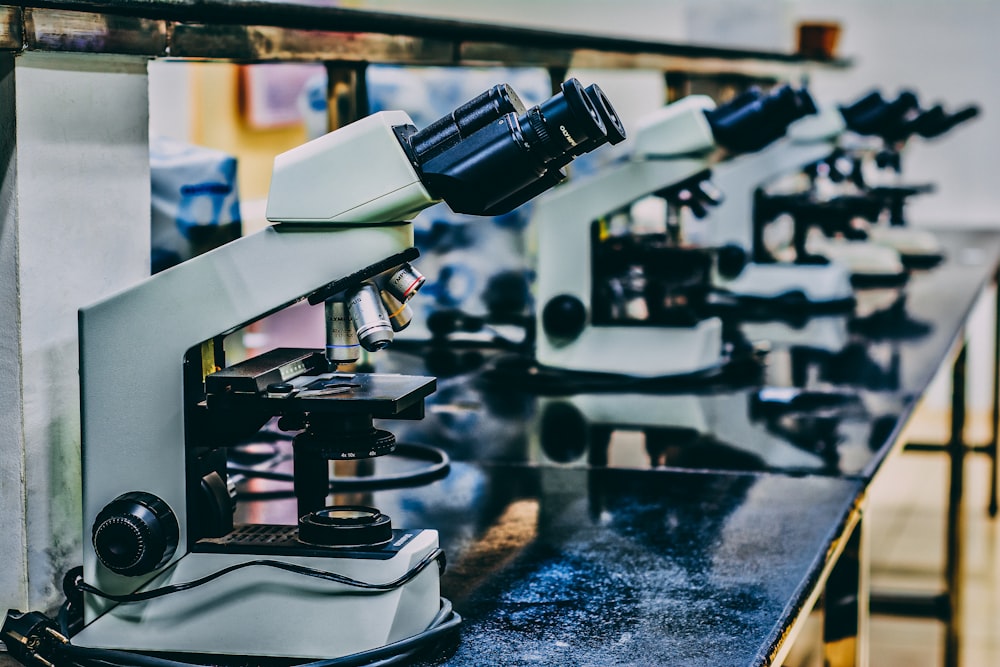“Science is the forbidden per se; it alone is forbidden. Science is the first of sins, the germ of all sins, the original sin. This is all there is of morality. "Thou shalt not know" - the rest follows from that.”

In his ever controversial and equally charming conundrum, The Antichrist, the magnificent genius of Friedrich Nietzsche proclaims that the original sin was claiming the forbidden fruit of science. An undercurrent in this radical seed of thought is that nevertheless, it was the satanic serpent that lured Eve to the forbidden fruit of science, thereby exposing not only the powers and promised paradises of Science, but also our powerlessness to yield to Science and its wicked temptations.
Through the years, the history of scientific development and the phenomenology it gave rise to has always validated this paradoxical duality of Science. In the medieval world, when the Church and it's belief systems prevented scientific advancement scientific thought emerged in the geniuses of the time, like that of Descartes who dared to think and therefore dared to be and made it possible to dissect dead bodies which paved the way to a legacy in medical science. Similar strides were observed in Galileo and Kepler, among others. All these visionaries who swam against the tide led humanity to the flow state of progress.
Yet on the other side, the power that came with scientific advancement was quite overwhelming that it led to both intended and accidental disasters. Be it the radiant green of toxic radium, once extensively used in jewellery, or the corrosive lead-based makeup kits to instances like Bhopal gas tragedy, Chernobyl disaster or the attacks in Hiroshima, Science has given power to blind hands and untamed minds that run wild. This horror was a major theme of several novels like Frankenstein and the invisible man, where scientific ambition became the nemesis of the self and the larger humanity.

The impact of the two world wars, the atrocities during the Holocaust, were backed up by the then established scientific base. The weapons, the strategies, the necessities, and its innumerable offspring inventions, in turn, supplemented science. As a result of war, we had advancement in neuroscience, communication and even the internet had a grim beginning. The price we had to pay for this was measured in flesh and blood. Our conscience stood still when humanity was bankrupt before the demand for development in the name of science.
Apart from the physical consequences of scientific expansion, there are deeper psychological, cultural and spiritual harm caused solely due to scientific preoccupation in the past few centuries. According to leading clinical psychologist, Prof. Jordan Peterson, what Nietzche meant by saying that “God is dead and we killed him" is nothing but how a scientific preoccupation has ruined a tradition built on the foundations of rich cultural, mythical base extracted from a rigorous exercise in the archive of our collective experiences, our collective unconscious. This might sound seemingly irrelevant. The emerging times, as is the general perspective, requires scientific research and interventions to tackle the issues we face. However, one mustn't forget that it takes more than science to inculcate humanity in human beings.
Science is one of the several tools of human wisdom. However the bandwagon effect of making everything scientific, from turning arts subjects to science to extensively using the term science, we invested our humanity in the market for science. This blind tendency is a clear mark of our carelessness and would cost us cultural, moral and psychological degradation apart from an impending identity crisis. These can, in turn, weaken the foundations of the little things that make us humane.

Science for sure has been one of the most powerful tools we had in the face of all the crises we'd faced so far. We used science for colourful revolutions to tackle food security issues, we immunized ourselves with scientific inoculations, we explore and understand our world and its outer realms with scientific backing. Science opened before us old answers and new questions. So it is not merely ungrateful to criticise science as the antithesis to humanity but is also a great injustice to our pursuit of wisdom. Rather, we must understand the hamartia lies in our partiality towards science.
We have to strengthen our will to take the best and reject the worst from science. We have to be wise enough to differentially embrace and critically evaluate the information we receive. All this can be made possible by strengthening humanity. It might sound paradoxical to note that strengthening humanity is quintessential to prevent science or any other discipline to corrupt the fundamental goodness of humanity. But it is also imperative to note the meticulous harmony reflecting in these paradoxes.
A focus on the forbidden fruit lost us an entire paradise. It's always a reminder for us to stay away from a preoccupation towards science to avoid losing everything else. It is a cautionary call to preserve our humanity, the manifestation of God within us, the paradise we still have in our pursuit to build a Babel tower of science.
- Ananda Krishnan
Want to get published on EMN and join the community? Here is an opportunity to join the Board of Young Leaders Program by Eat My News. Click here to know more: bit.ly/boardofyoungleaders
Want to get published on EMN and join the community? Here is an opportunity to join the Board of Young Leaders Program by Eat My News. Click here to know more: bit.ly/boardofyoungleaders








0 Comments